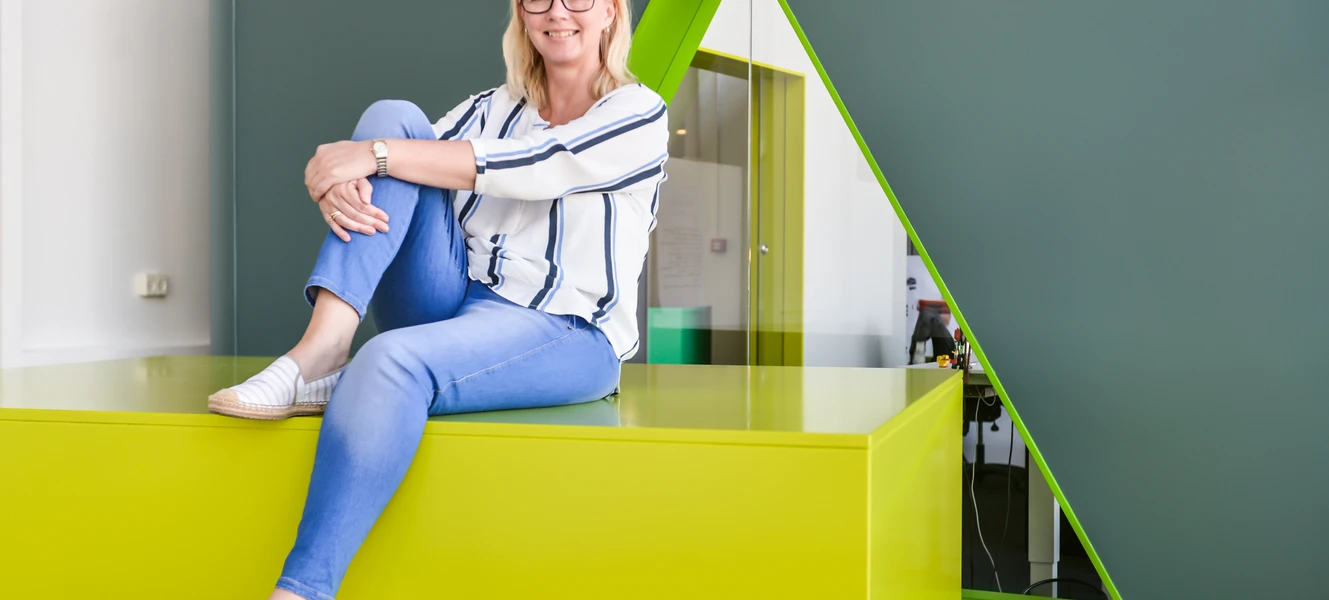
Teachers put in the sorting cube
They must learn to think outside the box, the 17 MA students who have just started Kolding School of Design’s new and internationally unique Design for Play MA programme. They must be frontrunners for new ways of designing in a society and job market where, according to the World Economic Forum, creativity will soon be one of the most required competences and where more than half the jobs are not invented yet.
The students will acquire new and powerful skills designing clothes, games, toys, processes, user interfaces and physical environment – in other words, anything that advances play, creativity and personal expression.
International programme
The students come from Italy, Korea, Latvia, Slovenia, Denmark, USA, Great Britain, Germany, Poland, Spain, Columbia, Greece, and one of the students that has made it through the eye of the needle is Bryce Duvewaardt from Canada:
- I decided to apply to the Design for Play programme in Kolding School of Design because the Danish attitude towards play is far more positive than the Canadian. I hope the education will give me tools to specialise in my passion, which is to design play and tools for playing, he explains.
Room to play
To give room for play and creativity Kolding School of Design has removed the traditional boundaries between teachers and students and set up work stations in a shared environment that allows for new ways of working together. Right in the middle of the student work stations the new teachers’ office, shaped like a giant sorting box, has been set up. It is there to symbolize that Kolding School of Design is indeed a playful organization.
- We have deliberately created a physical environment that communicates play and creativity because we wish to show that play is an integrated part of our organisation. Play is not just something we learn about, it is also how we learn, says Lene Nyhus Friis, head of Kolding School of Design’s Design for Play programme.
Companies onboard
The focal point of much of the programme will be very specific design challenges, as they arise in the many Danish and international companies that work with play or want to do so. The Design for Play Master’s programme was developed in close dialogue with the LEGO Foundation and partly builds on inspiration and experiences from the Play User Lab and Kolding School of Design's collaboration with the Capital of Children A/S. World-leading design agency, DesignIt, also partner in the programme as do KOMPAN and Ledon. Kolding School of Design, the LEGO Group and the LEGO Foundation will invite other companies and public institutions to become future partners.


